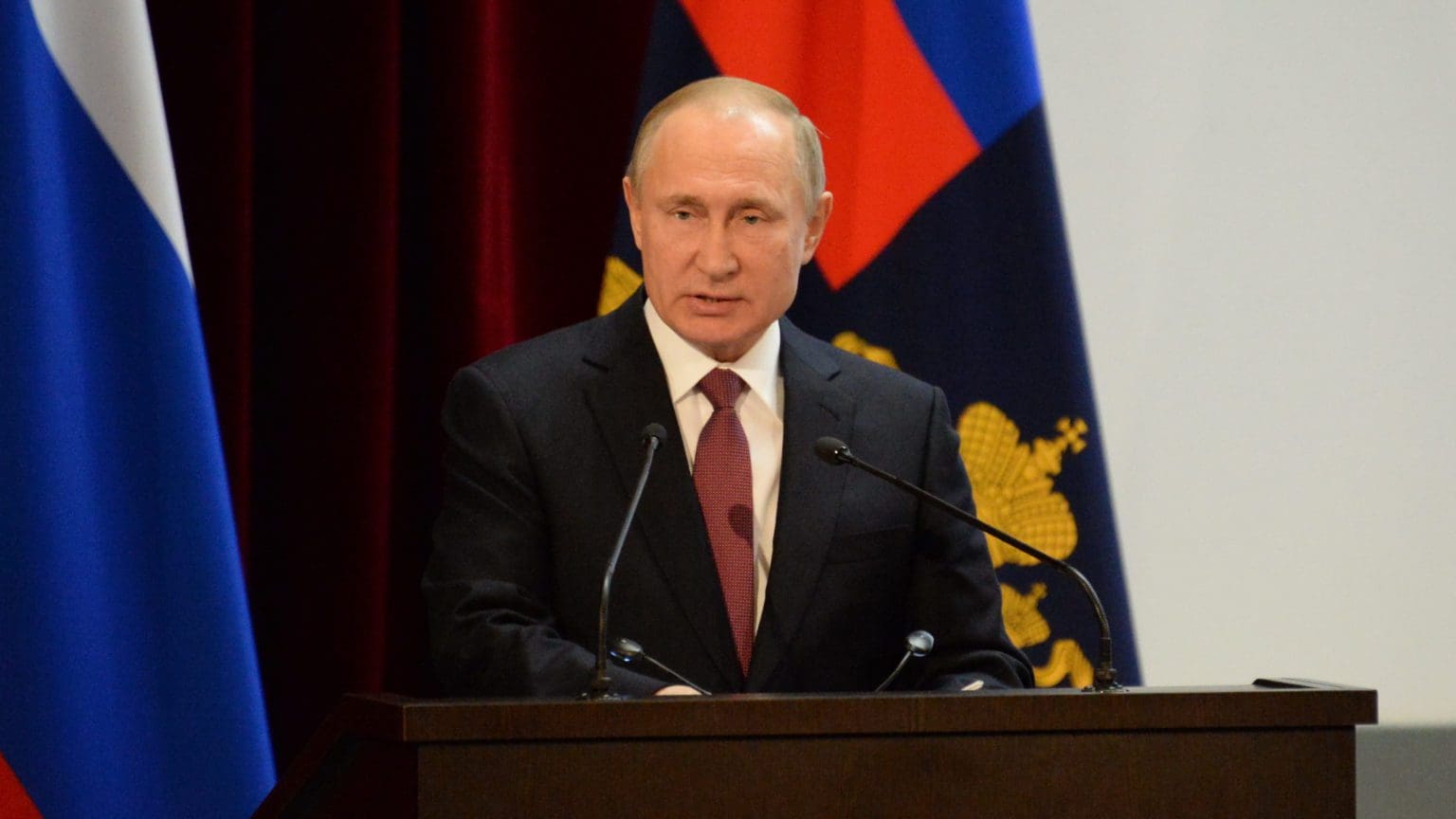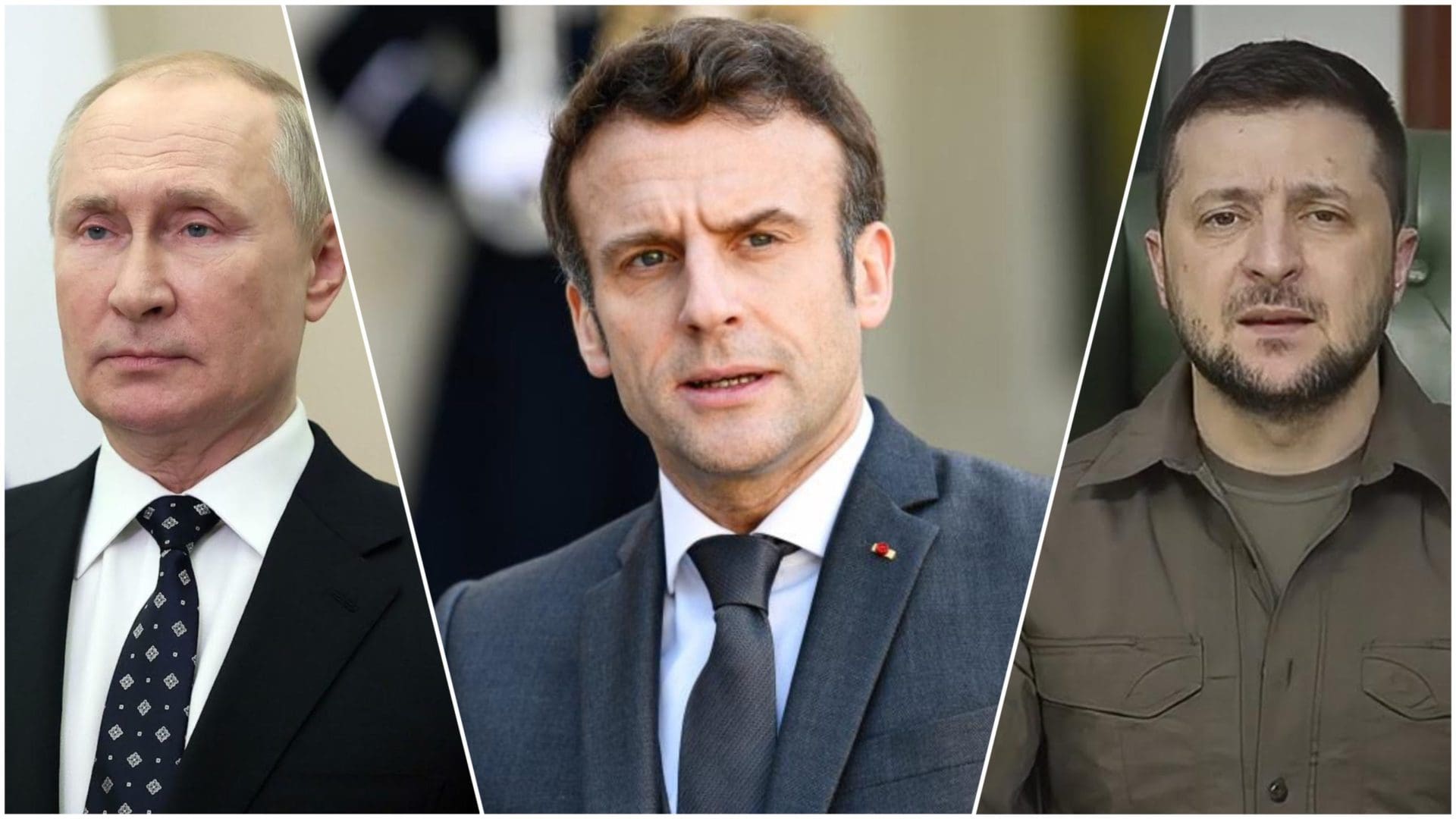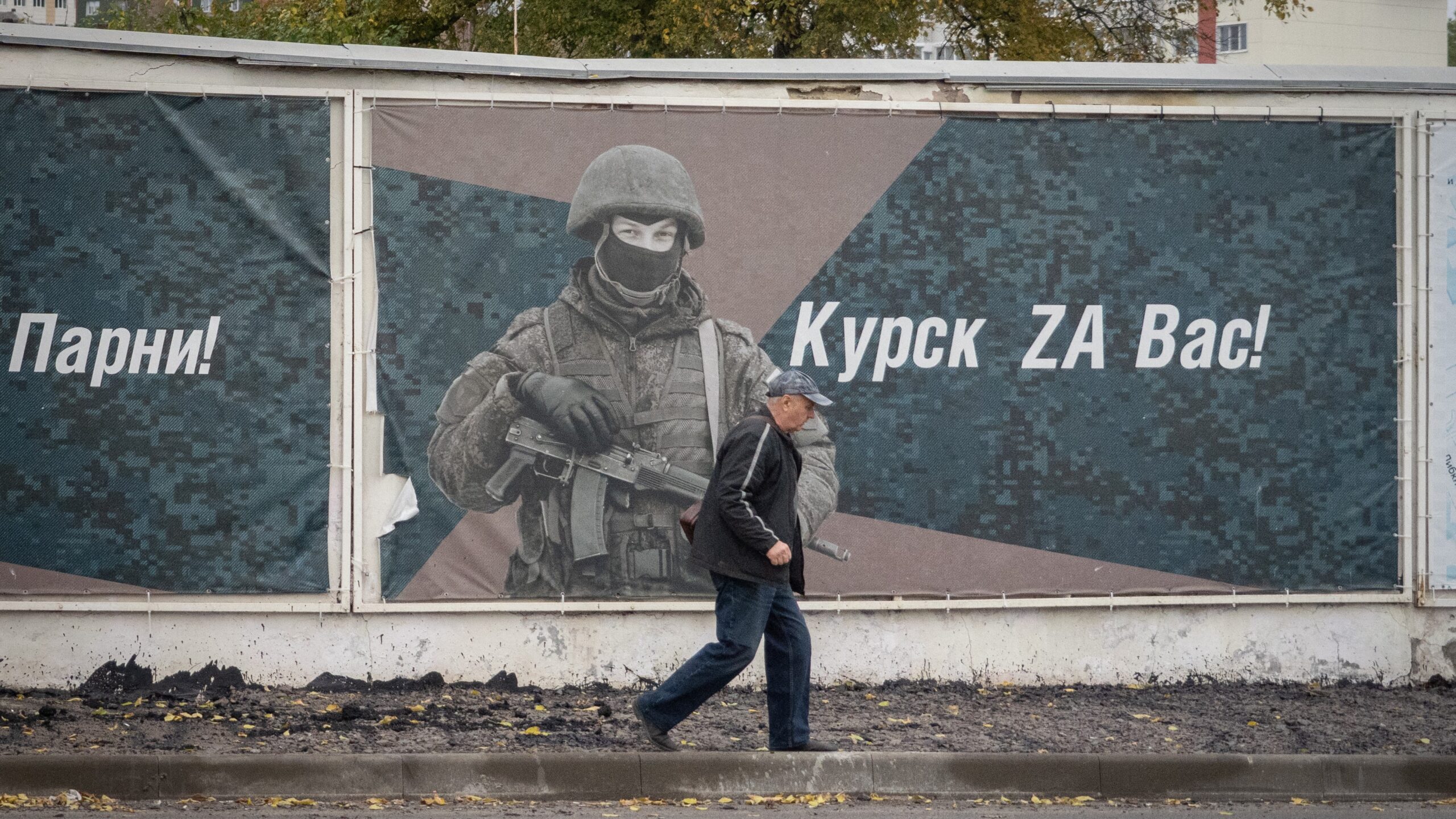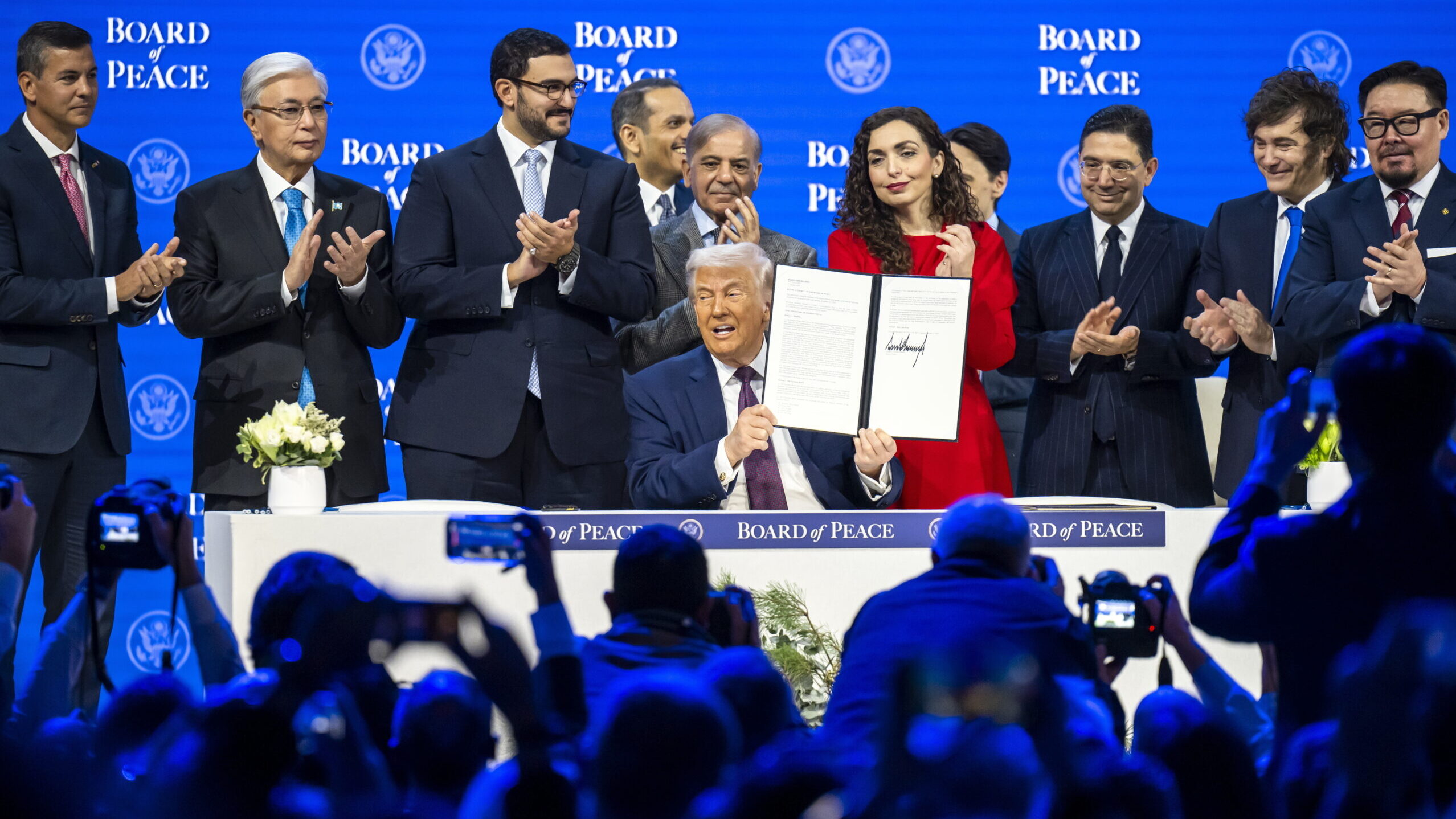
Putin’s War or Russia’s War – The Dangerous Notion of Collective Guilt
Since the beginning of the tragic war in Ukraine, many have embraced the idea that Russians have collective responsibility for the current events. However, it is crucial to recognise that the notion of collective guilt should not be used to demonise or incite hatred against ordinary Russians.









